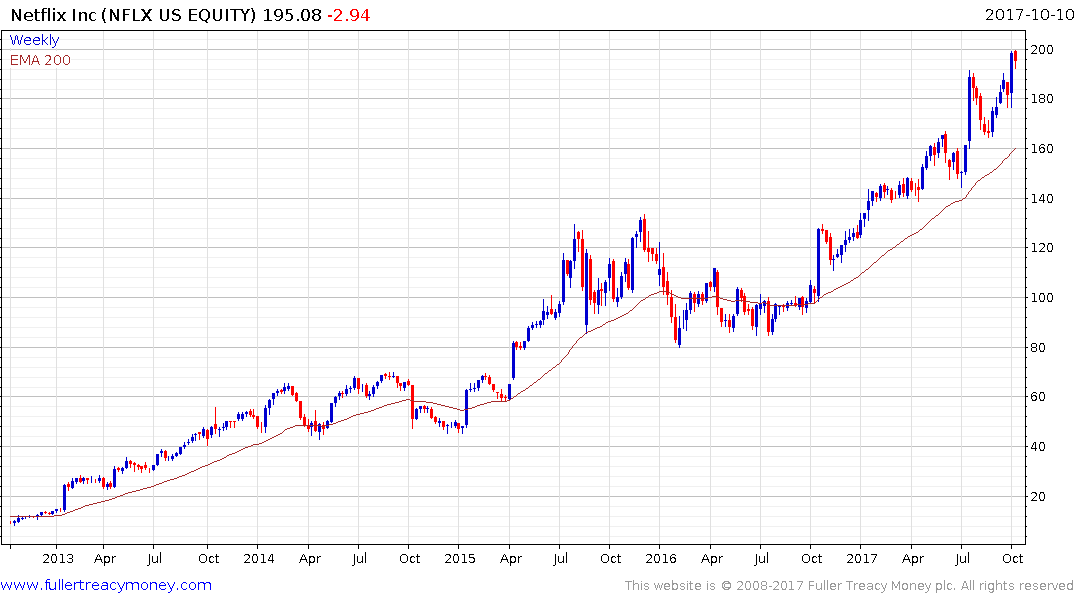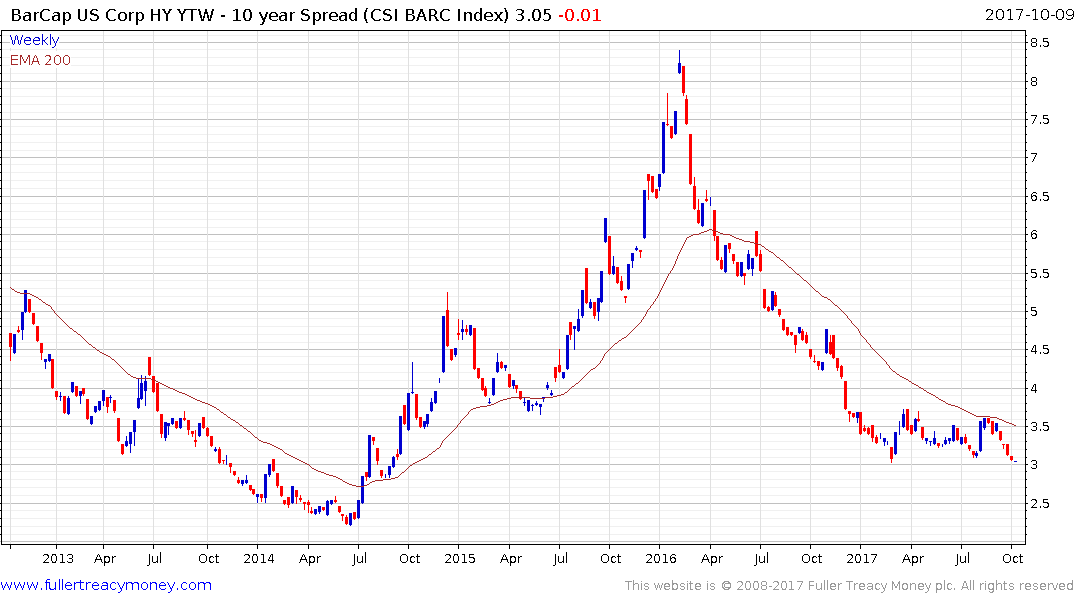Email of the day on over representation of tech in emerging market indices
Think, this issue discussed in Reuters article may be of interest to you and subscribers. The boom in emerging market technology stocks is becoming a problem for fund managers of all stripes. The soaring market capitalization of a handful of companies such as China’s Alibaba (BABA.N) and Tencent (0700.HK) is steadily lifting their weighting in the MSCI emerging equities index. This means investors in funds that track indexes (exchange traded funds or ETFs) - who want exposure to a range of companies for a lower fund management fee - are finding themselves increasingly exposed to a single sector. Meanwhile, active fund managers, who justify charging higher fees for their individual stock-picking expertise, are under pressure to buy those tech stocks to ensure their funds keep up with the index’s gains. And with both sets of investor chasing the same thing, the risk of dramatic outflows increases if the sector falters.
Capitalism trends towards concentration and the nature of bull markets is to increasingly favour winners as they mature. There is no doubt that the technology sector has been the clear leader in this economic expansion so it is to be expected it occupy an increasingly large segment of major market indices in both developed and developing markets. As you point out that contributes to deteriorating diversification in portfolios.
Leaders lead for a reason and also tend to lead in both directions. Right now, the technology sector remains in form and cyclical sectors such as commodities, banks and biotech are returning to outperformance. Combined, those two factors suggest we are in the mature stage of the cyclical expansion that began in 2009.
As the credit cycle evolves, low interest rates eventually encourage a period of synchronised economic expansion which leads central banks to tighten policy. As that process follows its natural path the most credit dependent businesses feel the effects of tightening first while those leveraged to global growth feel it last. That suggests highly leveraged companies are the ones to watch most closely for initial signs of topping rather than those with sound cashflows or on recovery trajectories.
.png)

Tesla is a B- credit, has a price to book of 11.64, does not turn a profit and yet has no trouble sourcing capital at attractive rates. Netflix has an estimated P/E, based on 2017 full year earnings, of 164, has a price to book of 26.96 and has a B+ credit rating. Importantly neither of these companies is exhibiting top formation characteristics but when high yield spreads eventually begin to expand it is not hard to imagine they will encounter difficulties.

Another way to think about it is the canary is still singing in the coal mine but we want to keep an eye on both these canaries lest they start to cough. My intuition is that would be the most relevant time to think seriously about the lack of diversification in one’s portfolio.


